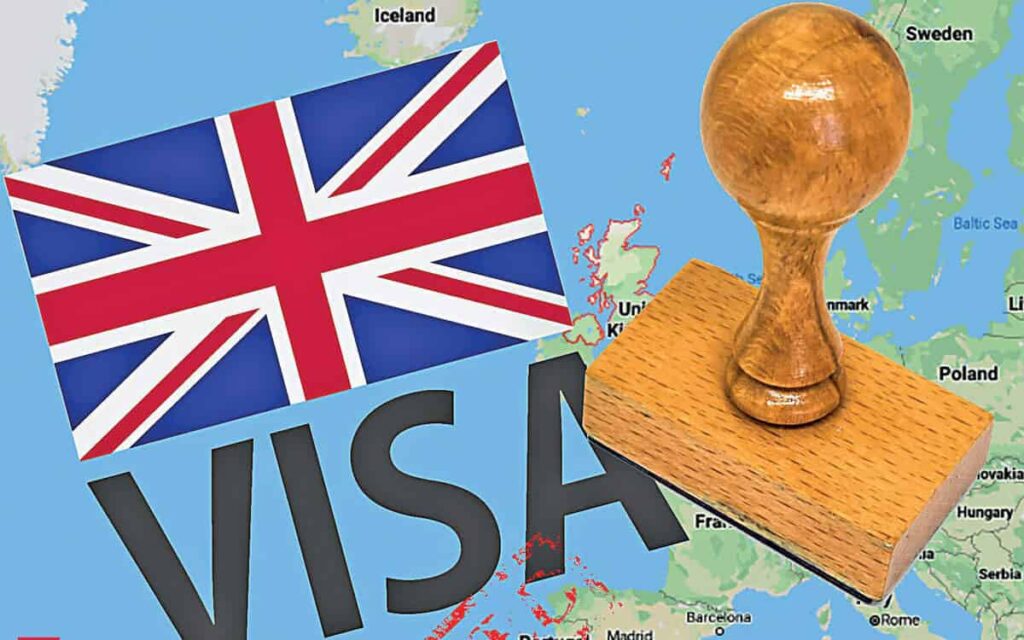Navigating UK Visa Costs for Students with Dependent Partners: Tips and Insights
For international students in the UK, especially those with dependent partners and children, recent immigration changes have added financial and emotional challenges. With rising visa costs and stringent regulations, many are finding it harder to transition from student visas to longer-term options like the Graduate Route. This post unpacks the costs, challenges, and possible solutions for families facing these hurdles.
1. Breaking Down the Cost of the Graduate Route Visa
For those who cannot secure a visa-sponsored job, the Graduate Route visa is often the only option to remain in the UK legally. Here’s the breakdown of costs per person for the two-year visa:
- Immigration Health Surcharge (IHS): £2,070 (£1,035 per year)
- Visa Fee: £822
- Total per Person: £2,892
For a family of three or more, these costs can quickly become overwhelming, particularly if they have recently paid off significant tuition fees. Families often find themselves grappling with the financial strain of applying for visas for each family member.
2. New Dependency Rules Add Pressure
In previous years, families had more flexibility when applying. Main applicants could secure their visas first, with dependents applying later. Today, however, the Home Office requires that dependents apply alongside the main applicant. Failure to include dependents from the start can lead to serious inquiries, potentially jeopardizing the primary applicant’s visa.
For families of three, four, or more, meeting these requirements without delay can be daunting, especially when faced with the combined financial burden.
3. Health and Care Worker Visa: A More Affordable Route, But with Restrictions
The Health and Care Worker Visa offers some relief, as it has a reduced application fee and no IHS requirement. This visa was once a popular option, as it allowed healthcare professionals to bring dependents without incurring overwhelming costs. However, with restrictions limiting dependents on this visa type, non-healthcare families now face an “all-or-nothing” approach. Transitioning from a student visa to a skilled worker visa outside of healthcare has also become more challenging and costly.
4. Practical Solutions for Families in the UK
For those facing tough decisions, here are a few strategies that may help:
- Consider Temporary Family Arrangements: Some families have considered sending their children back to their home country temporarily, to be cared for by trusted relatives, until they can secure more stable visas for themselves. However, this is only feasible if there is a reliable support network back home, and may not be possible for everyone.
- Budgeting and Financial Planning: For families aiming to cover visa costs, planning early and seeking budgeting assistance from trusted financial advisers can be invaluable. Additionally, exploring educational grants or partial sponsorship opportunities within the UK could provide some financial relief.
- Explore Loans Carefully: Although there has been an increase in requests for loans on social media platforms, caution is essential. While some families turn to the community for support, relying on loans from strangers can be risky. For those in need, formal channels, such as student loan services or regulated lenders, may offer safer alternatives.
5. A Jungle of Challenges, But Support Exists
Navigating the UK immigration landscape can feel overwhelming, especially for families trying to establish roots and stay together. While not an easy journey, it’s possible to find support and information from community groups, university immigration offices, and online resources dedicated to international students.
The UK’s shifting visa regulations are challenging, but by exploring available options, budgeting early, and reaching out for support, international students and their families can find ways to make it through.


